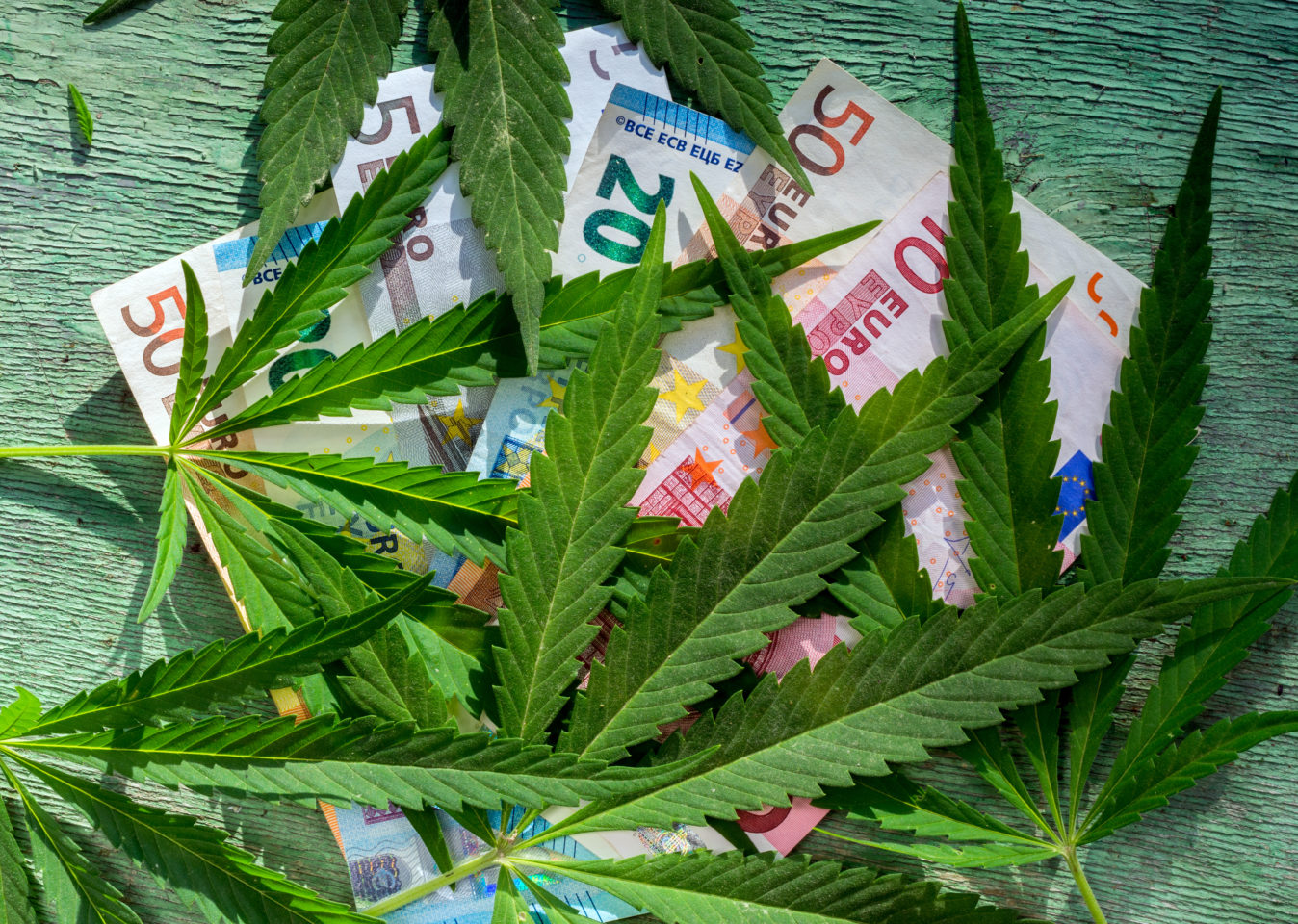
The European battle for CBD continues
Analogies between the patterns and avenues cannabis legalization is taking – between Canada and Europe, and more recently between the US and Europe – are certainly around this year. Especially as various European countries are beginning to at least engage, if not normalize, parts of the cannabis discussion – from medicine and CBD to full adult use.
To some extent, the political struggle for legalization has certainly been divided between cannabinoids in ways that neither the United States nor Canada really saw – and that was a conscious strategy by proponents and the industry alike, since medical Reform is either stalled or too slow to make real progress. Ultimately, it is the patients who pay the highest price.
For some (especially patients), analyzing the legalization between THC and CBD is incredibly frustrating. For lobbyists and commercial interests, however, the final opening of a European market for at least part of the work is a strategic signpost that has advanced some parts of the reform in some countries – while other talks have been left hanging.
In a way, the recent victories over CBD in the European Union (EU) are clearly a sign that at least part of the plant is normalizing. On the flip side, the fact that such advances have only come after legal action is taken is a sign of how treacherous and legally challenging the journey to market actually is – and across Europe – and how much the CBD reform is a poor substitute for both medical applications are built into health systems, much less adult use.
Recent major European victories
The entire CBD discussion has been put to the test in both France and Germany for the past six months, and beyond, in a way that the rest of Europe is clearly watching, if not just skipping on the road to full recovery reform.
In France, following a landmark litigation last year (when a European court ruled that a French ban on CBD vapes legally made in another EU country is illegal) draft regulations for a new CBD market have been developed and are now moving fairly quickly . but not without controversy. Here’s why: The French government appears to want to ban all raw hemp products (like flower and hemp tea) and only approve the sale of processed CBD foods, cosmetics and vape products.
In Germany, too, the city of Düsseldorf recently had to lift its ban on all hemp products after a company challenged this in court. The discussion about raw flowers (of the CBD type) seems to be more decisive in Germany, simply because raw flowers are allowed on the medical market.
CBD vs. Medical First Strategies for Legalization in Europe
Regardless of how much cannabis legalization advocates may pursue a strategy to drive the agenda with discussions about “recreational CBD”, the real move towards full reform is actually being opposed (and won) on the medical side. This is also the reason why raw flowers for smoking are such a controversial topic (everywhere).
Additionally, the battles won with CBD haven’t been that groundbreaking yet. This includes the Europe-wide decision that CBD is not a narcotic. Integrating this part of the plant into food and cosmetics is a matter of common sense, with some strange outliers that quickly recede with legal challenges. Larger discussions (e.g. whether cannabis is a “novel” plant at all) have cost many companies a lot of money almost everywhere without actually resolving the question. Not to mention a likely repeat of that discussion as THC edibles hit the market next year.
Decriminalization
One of the places where CBD could play a big and important role is to get national governments, if not the EU, to decriminalize cannabis possession. It is literally impossible for law enforcement agencies to distinguish between CBD and THC blooms (as any patient knows) unless the confiscated supply is tested, which is usually only possible after an arrest. This and medical use in Germany, for example, could be the final political impetus needed to tackle this large and still worrying discussion across Europe.
Medical reform and recreational use are the real drivers of reform
The reality is that 2021 is turning out to be a landmark year on the legalization front in Europe – in large part due to a continuation of the global legalization march on the medical front – and due to COVID-19.
Clearly, given that the largest economies in Europe (Germany, France, Spain and Italy) are all pushing some form of medical reform and Portugal is now considering full adult use, the discussion is clearly unstoppable.
Analyzing the plant to drive reform is a strategy that is clearly coming to an end in the EU, and this discussion goes well beyond any single cannabinoid and use.

Post a comment: